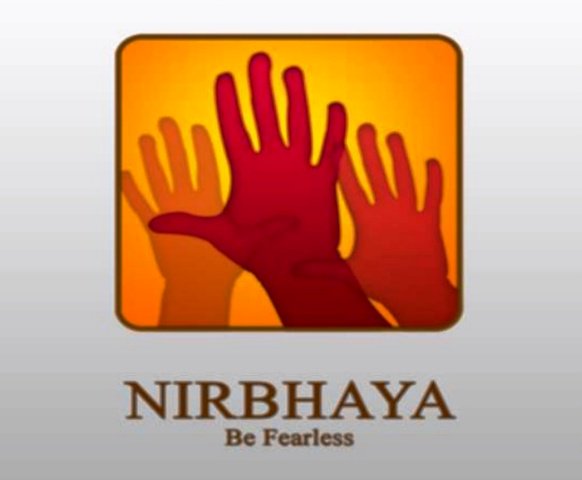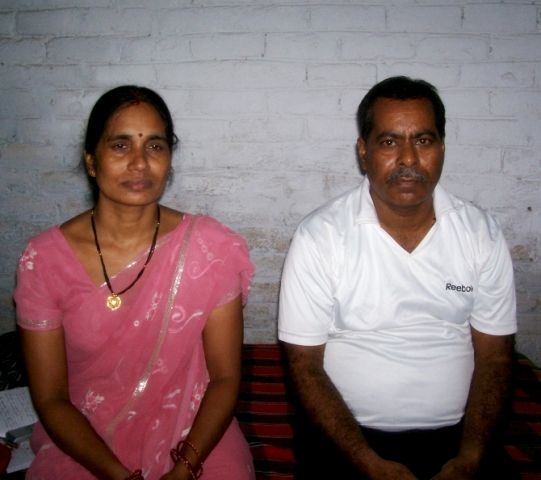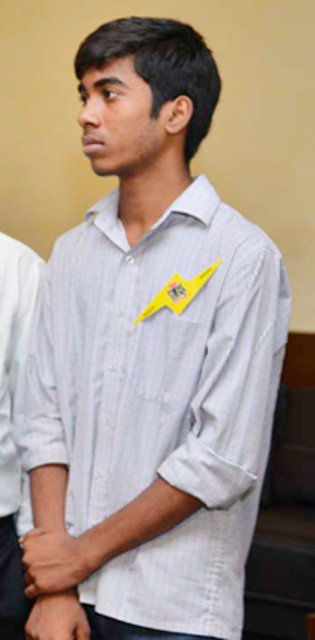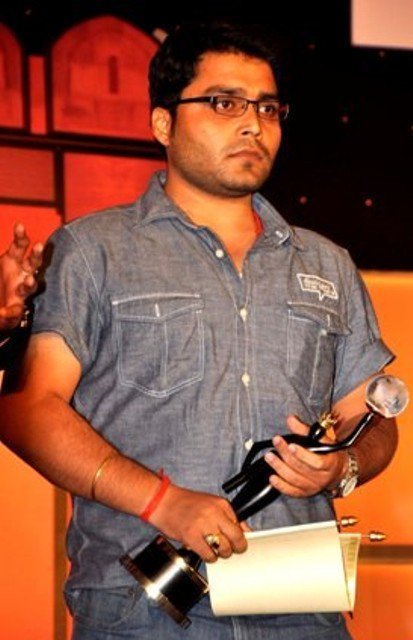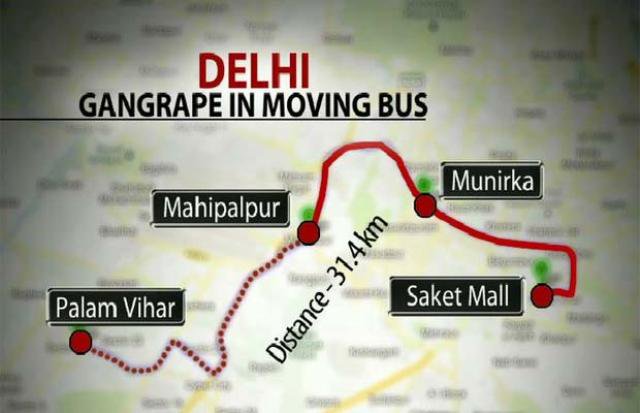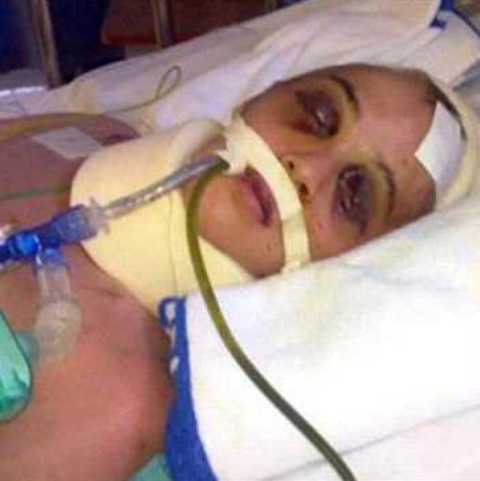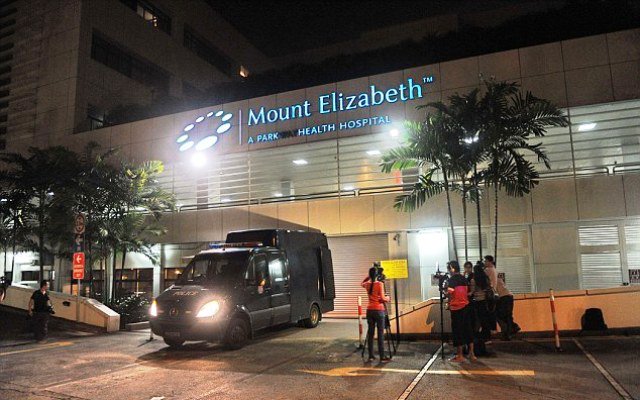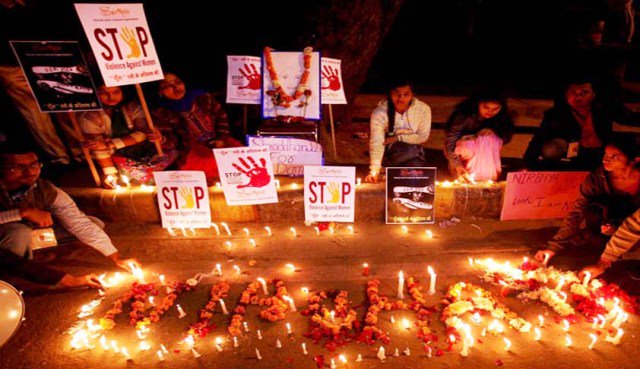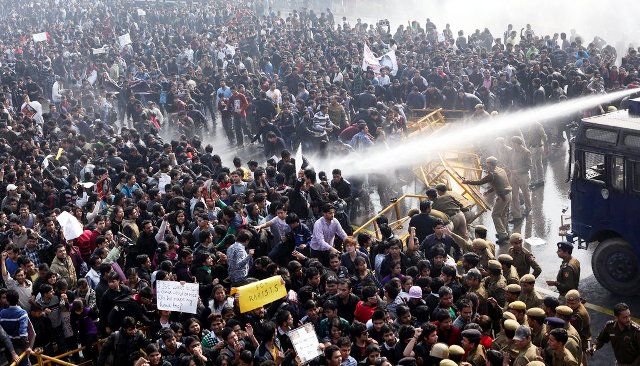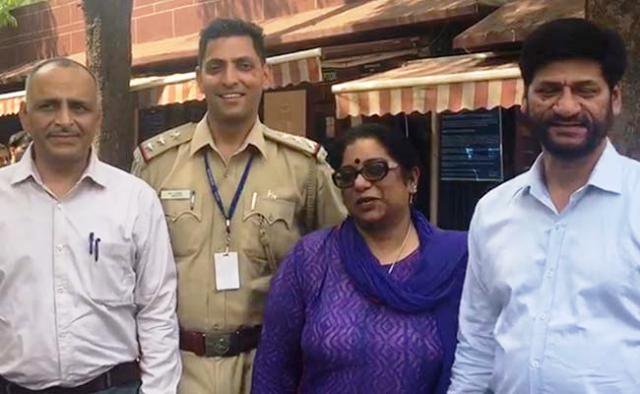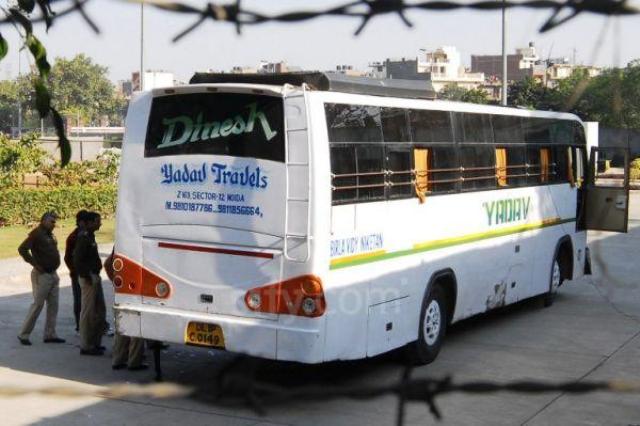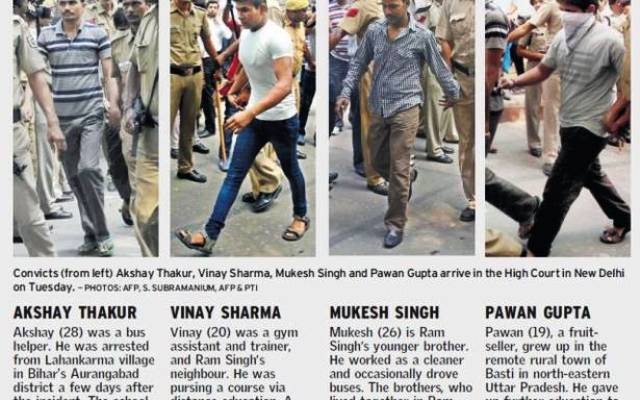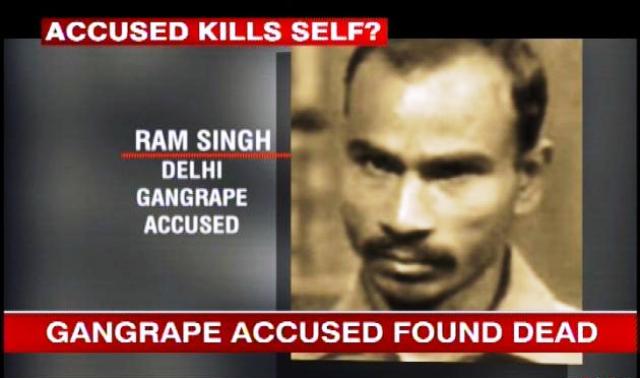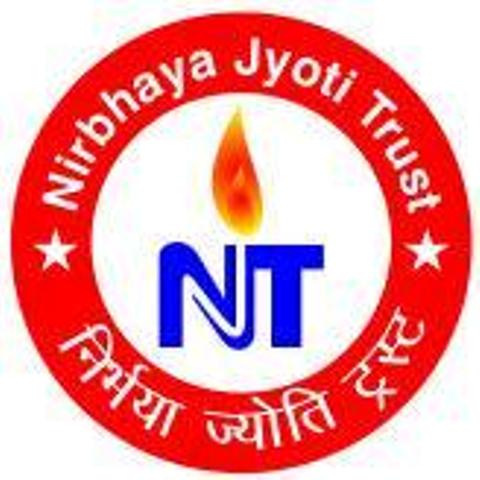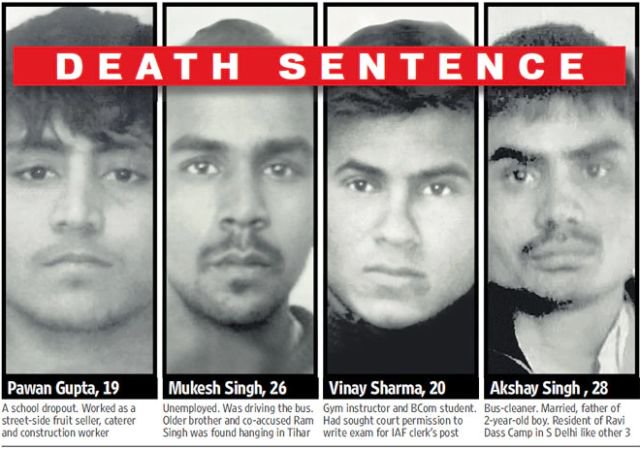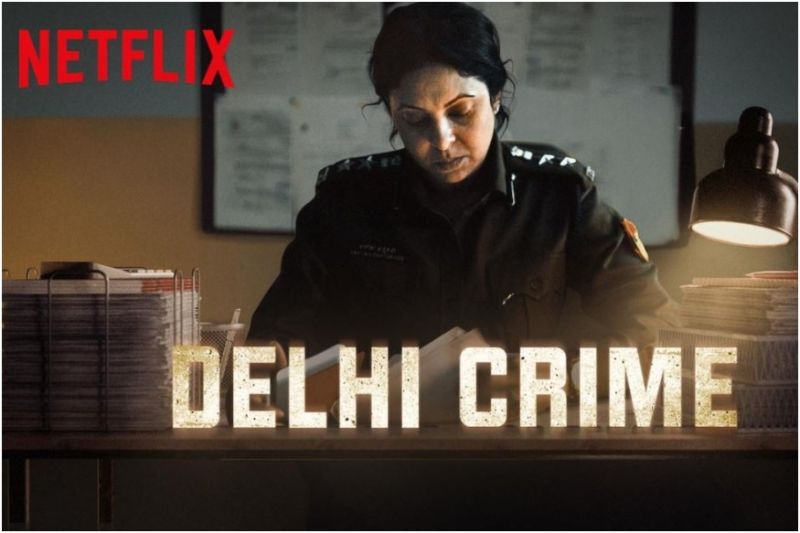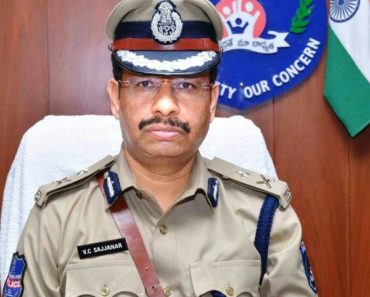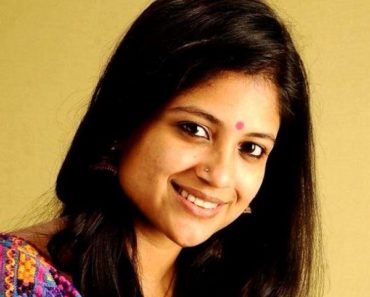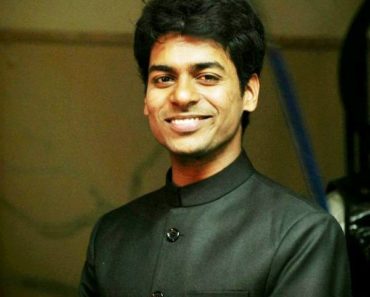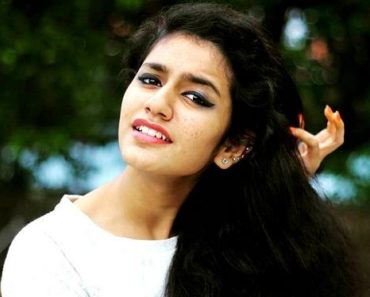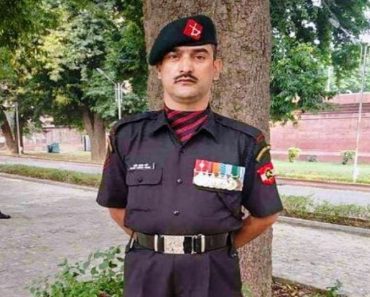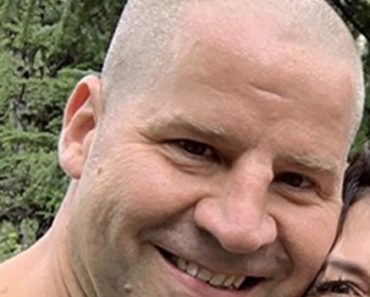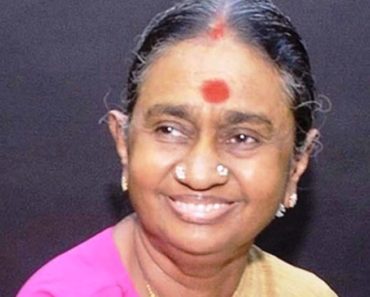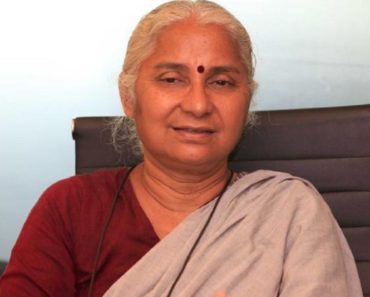Jyoti Singh was a 23-year-old girl who was the victim of the 16 December 2012 Delhi rape case. She passed away on 29 December 2012 due to multiple organ failure. Nirbhaya was the name given to her by the media which means fearless.
Wiki/Biography
Nirbhaya was born as Jyoti Singh in 1989 (age 23 years at the time of her death) in the Ballia District of Uttar Pradesh. Her family relocated to Delhi after her father got a job at the Palam Airport in Delhi. She did her schooling from a public school in Delhi and after passing her 12th standard, started preparing for the PMT (Pre Medical Test). After having failed in the PMT, Nirbhaya decided to pursue her further education in Physiotherapy and enrolled herself in a Physiotherapy Institute in Dehradun. After completing her course, Nirbhaya returned to Delhi in the year 2012 and joined an internship program at a physiotherapy hospital in Gurgaon (now Gurugram).
Family
Nirbhaya belonged to the Bhumihar Community of a Hindu Family. She was the daughter of Badrinath Singh and Asha Devi. She had two brothers.
She was in a relationship with Awindra Pratap Pandey, a software engineer.
Death
On the night of 16 December 2012, Nirbhaya was returning home with her boyfriend, Awindra Pratap Pandey after watching the film “Life of Pi” in Saket, South Delhi. They were looking for an auto-rickshaw to reach their home in Dwarka when they boarded a white-coloured off duty private bus at around 9:30 pm. When the couple entered the bus, they found that there were only six male occupants inside, including the driver. Soon they became suspicious as the bus deviated from its route and the doors of the bus were being shut tightly.
When Nirbhaya’s boyfriend objected to it, the male riders taunted the couple and asked them the reason for travelling at such late hours. Following which, a tussle arose between her boyfriend and the male riders in which her boyfriend was beaten with an iron rod and he became unconscious. The joyriders then dragged Jyoti at the back seat of the bus and brutally raped her one by one. As she tried to fight back, one of the attackers inserted a rusted rod into her private parts, ripping her intestines apart. After about an hour, they threw Jyoti and her boyfriend from the moving bus at Mahipalpur. A passerby found them laying half dead on the road and informed the Delhi Police. They were rushed to the Safdarjung Hospital in Delhi, where the doctors found the woman with only 5 per cent intestines left inside her body.
After her initial treatment at the Safdarjung Hospital, she was taken to the Mount Elizabeth Hospital in Singapore where she succumbed to her injuries on 29 December 2012. Her postmortem reports revealed that her intestines, genitals, and abdomen suffered serious injuries due to the assault.
Protest For Justice & The Court’s Verdict
What happened later shook the nation, a wide protest sparkled off after the incident. Thousands of protestors gathered at the India Gate and Raisina Hill in New Delhi.
The protestors clashed with the police and were shot with the tear gas shells and water cannons. The incident was criticised by many countries around South Asia and the Middle-East.
On 29 December 2012, a statement was released by the American Embassy, paying their condolences to Nirbhaya’s family. Ban-Ki-Moon, the then UN Secretary-General said-
Violence against women must never be accepted, never excused, never tolerated. Every girl and woman has the right to be respected, valued and protected.”
A team of Delhi Police led by the IPS Officer, Chaya Sharma, was appointed to investigate the case.
Initially, the team faced various difficulties in tracing the bus as there were more than 1600 white coloured private buses plying on the roads of Delhi. However, the clue that the bus had yellow curtains and red seats helped them short-list 300 buses out of which they zeroed the targeted bus within 18 hours of the incident.
The team then went under an intense search operation and was successful in arresting all the 6 accused within 24 hours of the incident. The accused were identified as Ram Singh, the bus driver, Mukesh Singh, the brother of Ram Singh, Vinay Sharma, an assistant gym instructor, Pawan Gupta, a fruit Seller, and a 17-year juvenile from Badaun in Uttar Pradesh.
During the trials of the accused, Ram Singh committed suicide in the judicial custody while the juvenile was sent to the Correction Home.
The IPS officer, Chaya Sharma, revealed in an interview that it was possible to catch the convicts just because of Nirbhaya’s statements. According to Chaya, her attitude was very positive and she wanted the culprits to be punished hard for what they did to her. In December 2013, the “Nirbhaya Trust” was established by her family with an aim to provide shelter and legal assistance to the women who have experienced violence. In the same year, she was awarded posthumously the “International Women of Courage Award” by the US State Department.
On 13 March 2014, the 4 men convicted were sentenced to death by the Delhi High Court and the punishment was upheld by the Supreme Court.
On 7 January 2020, Delhi’s Patiala House Court, issued a death warrant to hang the four accused (Pawan Gupta, Mukesh Singh, Vinay Sharma, and Akshay Singh) at 7 am on 22 January 2020. According to sources, moments before the court’s order, the mother of one of them had approached to Nirbhaya’s mother and begged for her son’s life. To this, Nirbhaya’s mother replied,
I had a daughter too. What happened with her, how can I forget? I have been waiting for justice for seven years…”
After utilizing all the possible judicial remedies, the accused, Pawan, Mukesh, Vinay, and Akshay were finally hanged to death in Tihar Jail on the morning of 20 March 2020. According to sources, the convicts did not express any “last wish.”
In 2015, on the 3rd death anniversary of Nirbhaya, her mother revealed her real name (i.e., Jyoti Singh) to the public at the Jantar Mantar in New Delhi (even though the law Indian Law doesn’t allow the rape victim’s name to be revealed in the public).
Later, a documentary film “India’s Daughter” was directed and produced by Leslee Udwin based on the story of Nirbhaya, which was a part of BBC’s Storyville Series. However, the film was later banned in India as the Indian law doesn’t permit the same.
In 2019, a web series was launched by the Netflix titled “Delhi Crime” gave the public the view of the case from the other side of the table.

